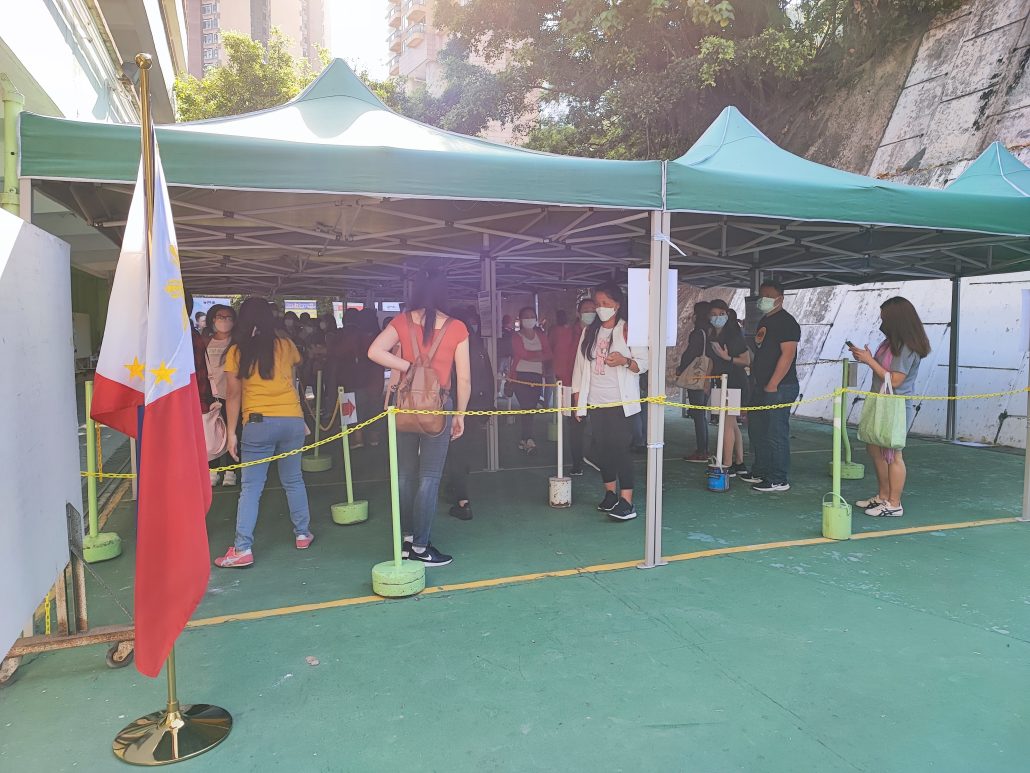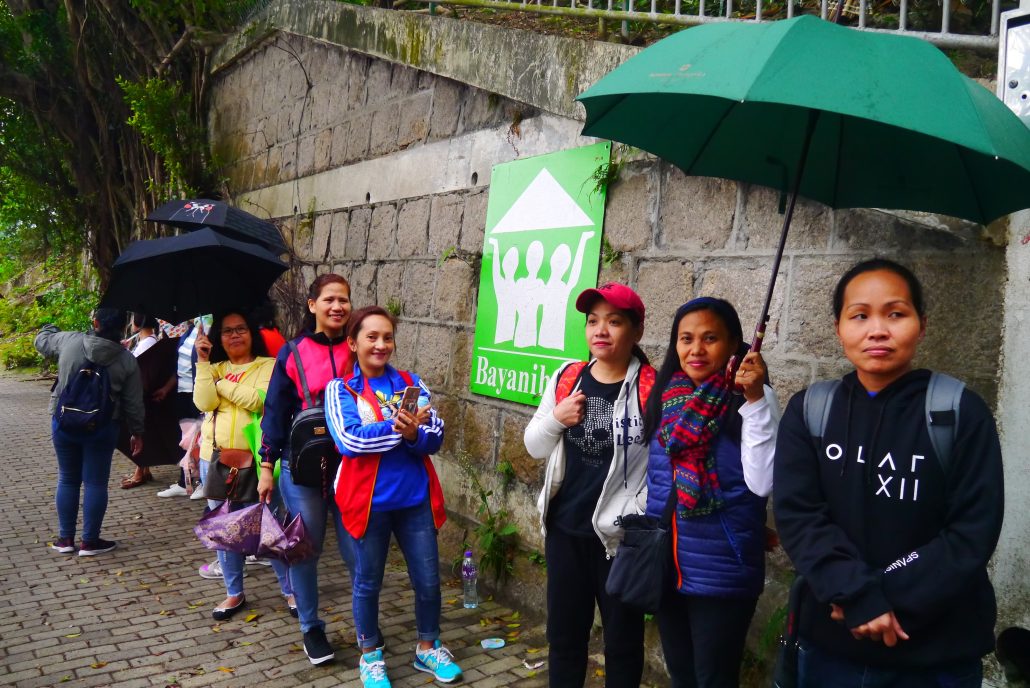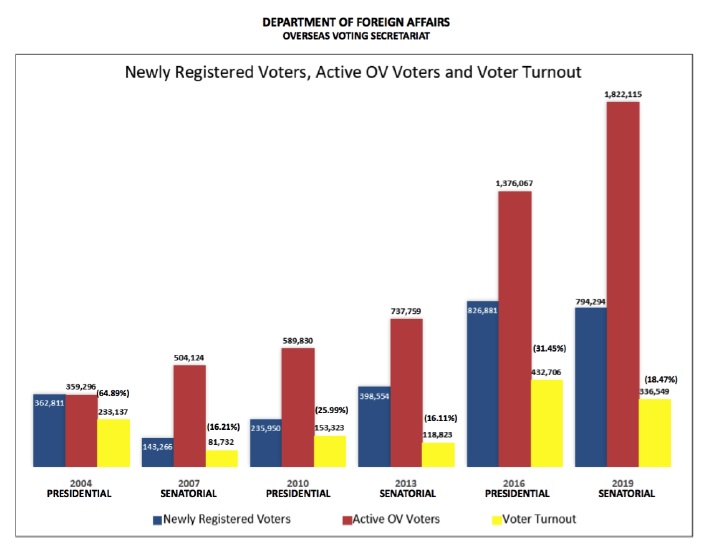HK migrants welcome increase of vote machines from 5 to 10
Herbert Bautista asks COMELEC to investigate reported anomaly in counting of votes
[UPDATED] Migrant workers in Hong Kong (HK) hailed the Commission on Elections’ (COMELEC) decision to increase the number of vote counting machines (VCM) from five to 10 following the outcry resulting from hundreds of overseas absentee voters turned away last April 10.
The group United Filipinos (UNIFIL) Migrante-HK welcomed COMELECs announcement to double the number of VCM it said may help prevent a repeat of Sunday’s “serious setbacks” on the first day of overseas absentee voting (OAV) in the Chinese territory.
“The prompt outcry of the vigilant members of the Filipino migrant community drew attention to the serious setbacks on the first day of voting which resulted in this positive development in OAV in HK,” the group said in a statement.
UNIFIL Migrante-HK said it was unfortunate that many overseas Filipino workers (OFW) had to experience long waiting times, long queues and being turned away before COMELEC finally acknowledged the problem.
Earlier, the group repeatedly raised alarms over the poll body’s decision to send half the number of VCMs it used to send over it added may result to “disenfranchisement and distress” to voters.
“In our calculation, only about 40% of the 93,000 registered voters (in HK) would be able to cast their vote with five VCMs operational,” it said.
It also criticized the decision of the Department of Budget and Management (DBM) to slash the budget for overseas voting by 80%.
UNIFIL Migrante-HK reported that snaking queues of OFWs formed at the Bayanihan Centre entrance last Sunday, resulting in voters queuing for about 4 to 5 hours before they could vote.
The Philippine Consulate in HK admitted that its personnel stopped voters from joining the queue as early as 11:30 AM as their attention has already been called by the local police at possible violations to health protocols.
HK is suffering another surge in the number of new COVID-19 cases in recent days.
“We will continue to closely monitor the OV in Hong Kong to ensure there will be no further disenfranchisement of our fellow OFWs. We demand clean and honest elections. We demand a government accountable to its people,” UNIFIL Migrante-HK said.

VCM ‘anomaly‘
Meanwhile, a video of a HK voter has gone viral complaining that her vote for senatorial candidate Herbert Bautista has been counted by the VCM to fellow aspirant Ibrahim Albani instead.
OFW Thelma Cornejo made the revelation in an informal exit poll video by vlogger Ironjock Jermice posted last April 12.
She said she does not know Ibrahim and did not vote for him.
She added that she was careful in filling up her ballot.
Cornejo said she has protested to the Board of Election Inspectors who told her it will be reported to the COMELEC.
The video has generated 103 thousand views, nearly 6 thousand reactions and more than 800 comments.
Bautista, reacting to the video, said he calls on the COMELEC to investigate the report.
“Early reports of voting anomaly should not be brushed aside as so-called isolated incidents. The integrity of the electoral process in all levels must be paramount,” Bautista said.# (Raymund B. Villanueva)


